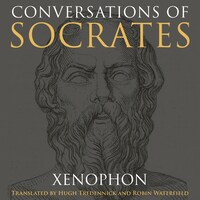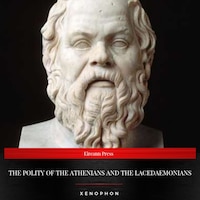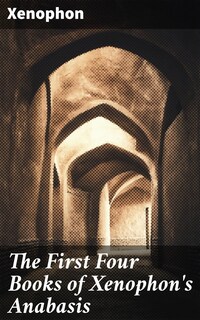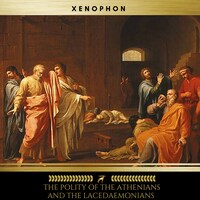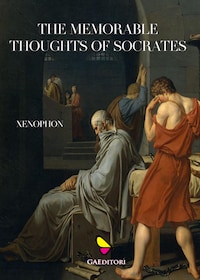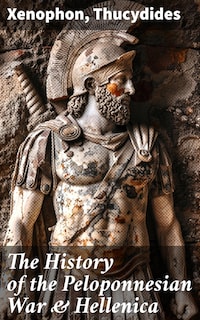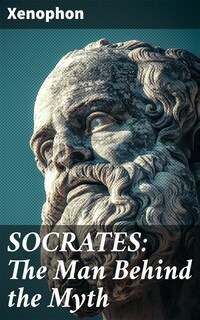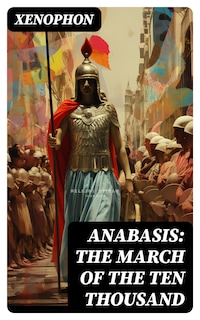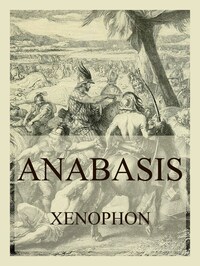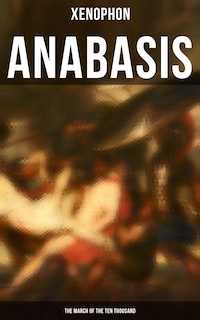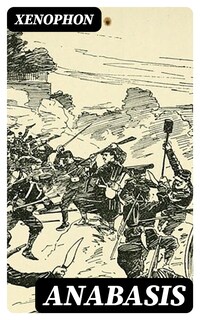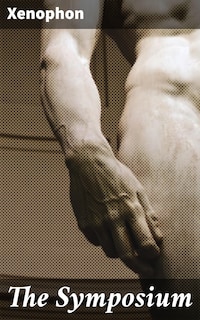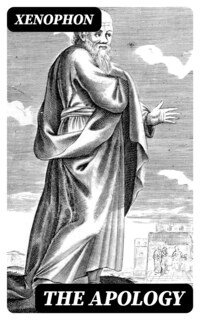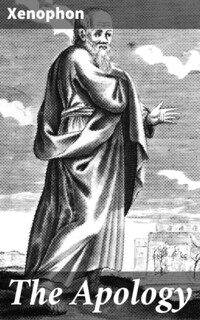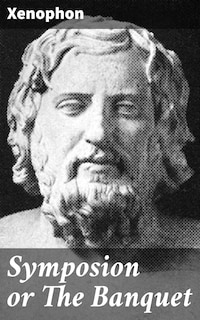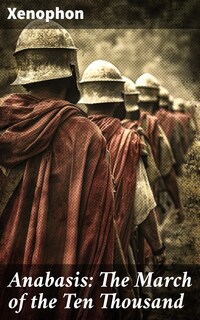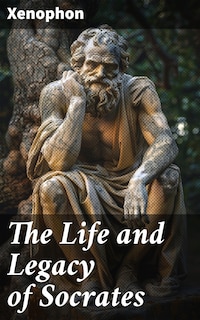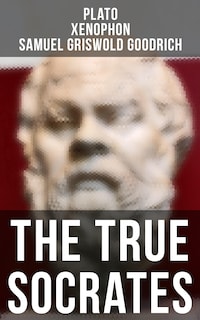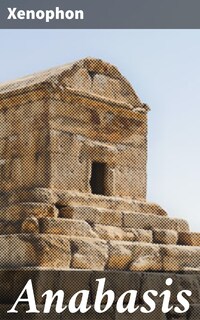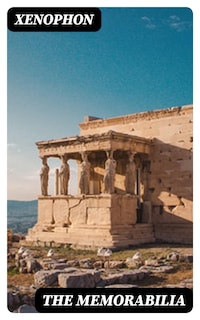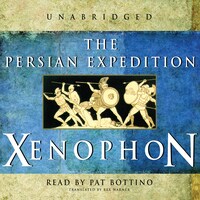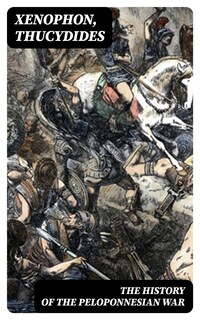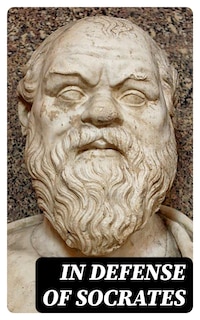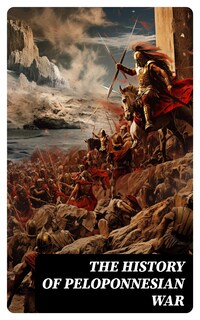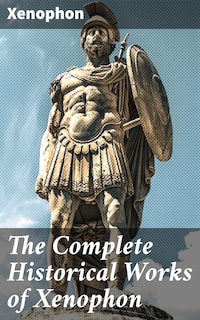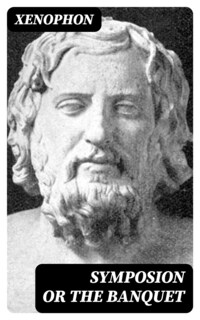Hiero
Exploring Tyranny and Kingship through Philosophical Dialogue
Description of book
In "Hiero," Xenophon presents a philosophical dialogue exploring the nature of tyranny and the philosopher-king concept through a fictional conversation between the Syracusan tyrant Hiero and a poet named Simonides. Written in a Socratic style, the text intricately weaves political theory with ethical considerations, addressing the paradox of power and its significant burdens. This work is reflective of the classical Greek milieu, grappling with the dynamics between rulers and subjects, and it serves as a critical examination of the moral implications of absolute power amidst the intricacies of governance during an era of political upheaval in ancient Greece. Xenophon, a soldier, historian, and disciple of Socrates, was profoundly impacted by his experiences in the Peloponnesian War and the nature of leadership. His firsthand encounters with tyranny and democracy shaped his insights into governance, as he sought to delineate the qualities of a just ruler versus a despotic one. His literary craftsmanship reflects a deep desire to instruct future leaders on the virtues necessary for good governance, underscoring his also personal values as a seasoned general. "Hiero" is a recommended read for those interested in political philosophy, ethics, and the complexities of power. Xenophon'Äôs persuasive narrative stimulates thought and dialogue among its readers, making it an essential text for anyone seeking a deeper understanding of the responsibilities that accompany authority.
 Xenophon
Xenophon 53 Pages
53 PagesThe book Hiero and over 1 million other books
from €59/month
Fill your life with stories


